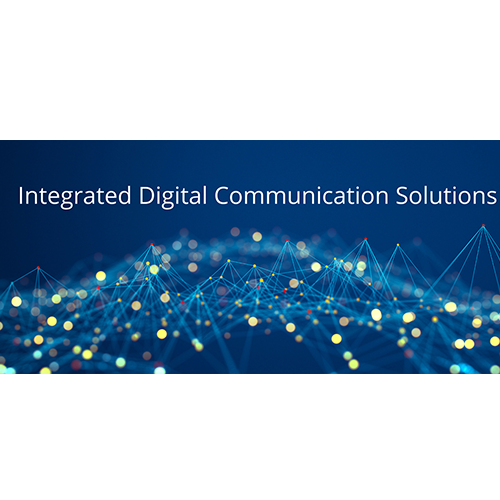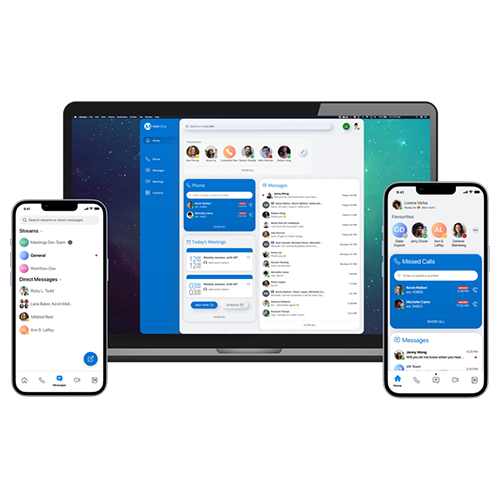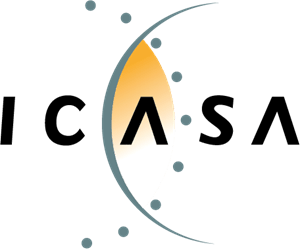South Africa’s hospitality industry is rebounding rapidly from the devastating effects of the Covid-19 pandemic. Now, a growing number of operators are using technology to improve customer service, deliver better guest experiences, and drive greater operational efficiencies to gain an advantage in a highly competitive sector.
The table is certainly set for growth. Department of Home Affairs data showed a 152% increase in tourist arrivals in 2022 over the previous year. At the same time, the World Travel & Tourism Council (WTTC) expects Africa’s travel and tourism sector to create almost 14 million new jobs over the next decade, with growth of 6.8% annually between 2022-2032.
To take advantage of this boom, hospitality operators are looking to tried and tested technologies like integrated communications, security and document management to cut costs, gain insights into their customers and operations, and reach new audiences, says Esti Kilian, Head of Product at managed business services provider Itec SA.
“Technology offers numerous benefits for the hospitality industry at a time when it’s looking to position itself for growth. These benefits include providing better guest experiences, enhancing operational efficiencies, reducing costs and improving customer service,” said Kilian.
It starts with communication
Today, connectivity and unified communication go way beyond simple telephony, interactive websites and providing free Wi-Fi. The real potential of unified communication is to integrate a range of systems – including security cameras, access control systems, and communication tools – to ensure everyone has access to the right tools, information and technology they need to deliver consistent service across the organisation.
Being able to track diverse communication environments in the same space drives higher levels of compliance and security, which are crucial when dealing with personal customer details. A single environment also allows hospitality operators to glean greater insights into their customer journeys by collecting and analysing data about their preferences, past stays, and feedback. They can also use technology to offer round-the-clock support to guests and to resolve issues quickly.
Creating a secure environment
Safeguarding sensitive data, keeping guests safe, preventing unauthorised visitors, and mitigating against theft are just some of the key security concerns facing the local hospitality sector. Using digital solutions to address these challenges become central to delivering a quality guest experience.
Even smaller hospitality operations are using physical security tools like closed circuit television cameras (CCTV) to monitor their properties and keep their guests safe. It’s relatively simple to link these cameras to biometric and facial recognition systems that manage guest and staff access to certain areas, pick up irregular behaviour and prevent unauthorised visitors.
Big operations will often bring all these systems together in a control room, where B&Bs might only require a single desktop that performs real-time monitoring and analysis.
Equally important as physical security is cyber security, because the hospitality sector is one of the most targeted globally when it comes to cyberattacks. In 2021, a third of organisations operating in hospitality reported a data breach amounting to hundreds of thousands of rands of damages – both financial and to brand reputation.
Protecting sensitive customer information is a priority for any hospitality operator. A comprehensive cybersecurity approach that extends beyond firewalls and anti-virus is therefore essential.
The document management imperative
Providing high-speed internet, video conferencing and printing services helps hospitality operators attract business travellers and remote workers. But printing, or document management, isn’t just important for guests. It’s also a vital part of record-keeping for the hospitality industry.
Printed documents allow for the easy tracking of inventory, managing reservations, and keeping financial records. These documents are essential for tracking expenses and revenue, and they serve as a backup in case of technical difficulties or system failures. Many guests still prefer a physical copy of their reservation confirmation or receipt, while printed materials such as menus, brochures, and flyers provide essential information to guests.
With the hospitality sector is under increasing pressure to adopt sustainable practices, managed printing services can help hospitality operators reduce their paper waste and energy consumption while implementing sustainable printing practices that benefit both the environment and the bottom line. They also secure sensitive information from unauthorised access.
Keeping an eye on the future
“In the hospitality industry, technology typically does three things: increase efficiency to save you time and money; generates more revenue with smart tools, data collection, and analysis; and increases customer satisfaction and loyalty. It’s important to stay on top of technology trends – because if you don’t, your competitors certainly are,” said Kilian.







